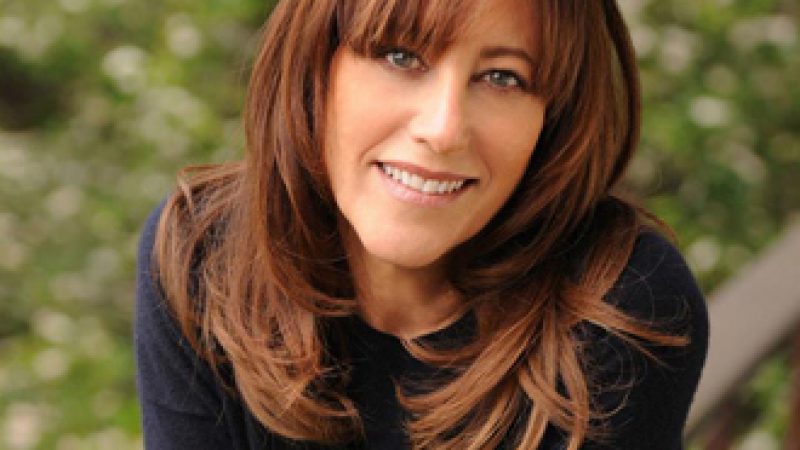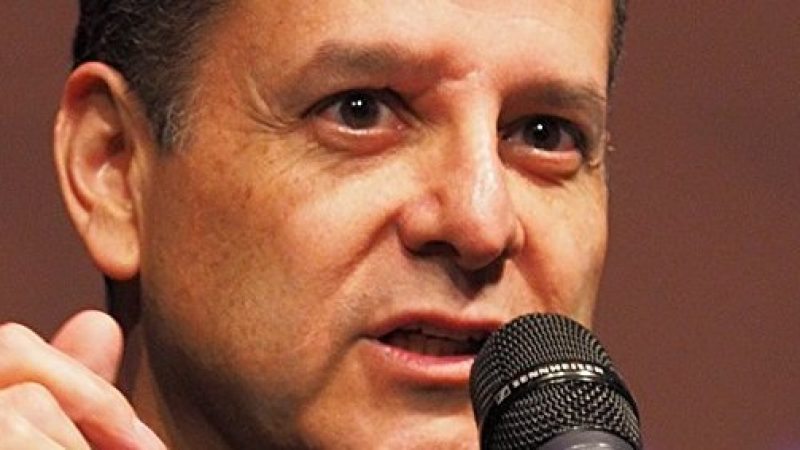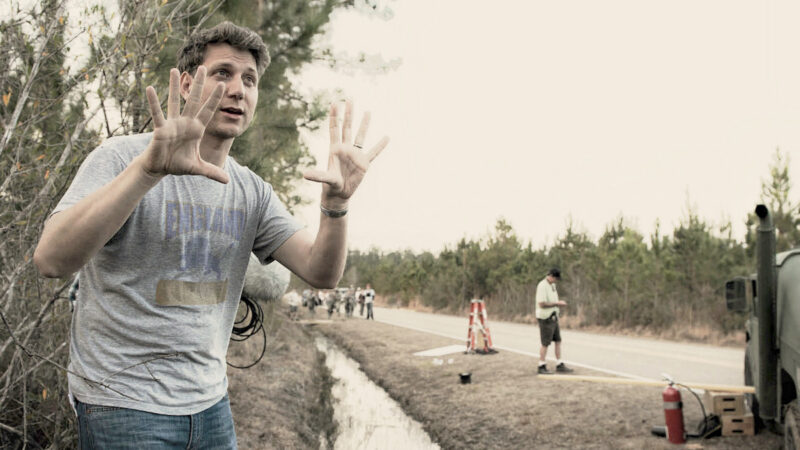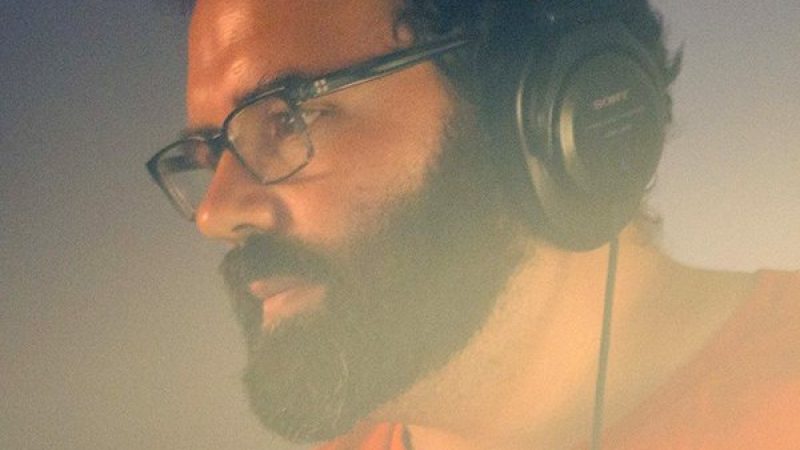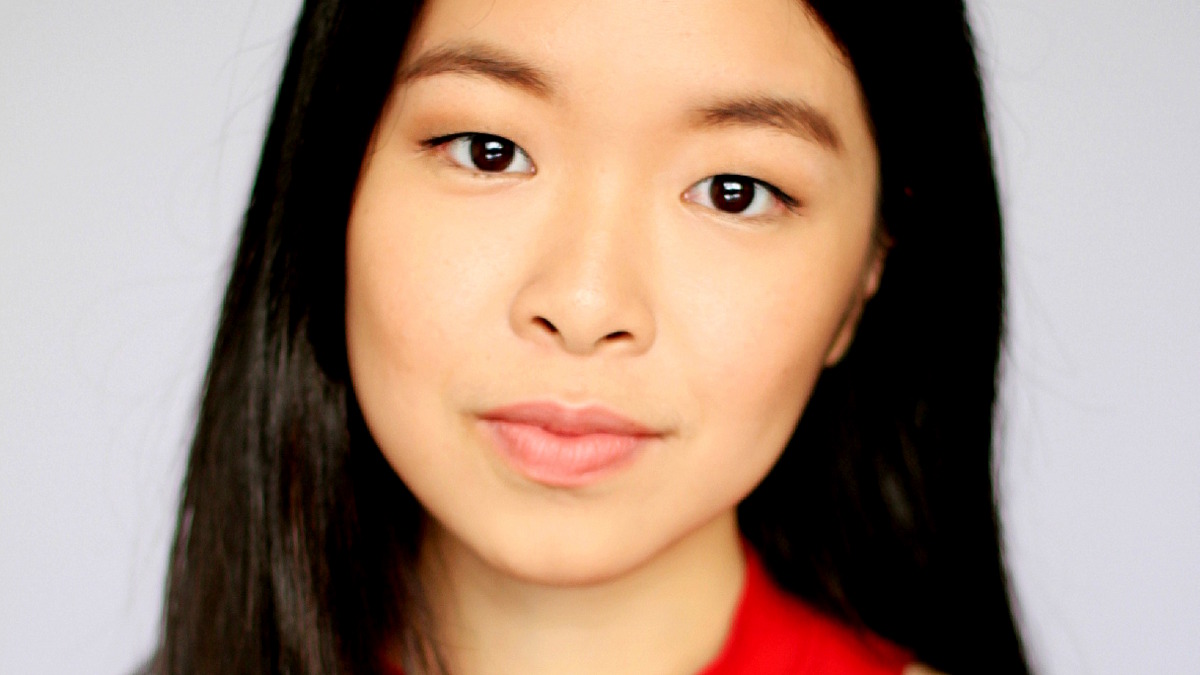
Today’s subject Yuching Tsai is currently living her theater life as a principal cast member for Foreign Voices Are Us. It is a monthly production that started in April and will run through 2018 in both Los Angeles and New York.
Since moving to New York City, Yuching has worked on many theatrical productions such as her off-off Broadway debut as “Nora” in Camping Out and Rose in August 8, 1974 on Thalia Festival, and her role as a principal character in avant-garde experimental theater piece Hang Out that later on was published as a book called Make A Fountain and can now be purchased online and at major art bookstores. She also appeared in comedy shows such as A Sketch of New York and Is That A Gun, Or You’re Just Happy To See Me, which received recognition in many articles in the theatrical world.
This year, Yuching dedicated herself to productions that emphasize inclusion and being part of the conversation that is currently happening in the world. She is a principal cast member in the monthly theater series called Foreign Voices Are Us, which aims to tell stories of those who lack visibility in today’s society, with Eastern Bridge Theatre Troupe, and her lead role Gen in A Little Thing, a part of The #MeToo Plays reading, which is in the process of being produced into an off-broadway show this fall.
She studied acting at the American Musical and Dramatic Academy in Los Angeles. Read on to learn more about Yuching and how to attend her current and upcoming performances.
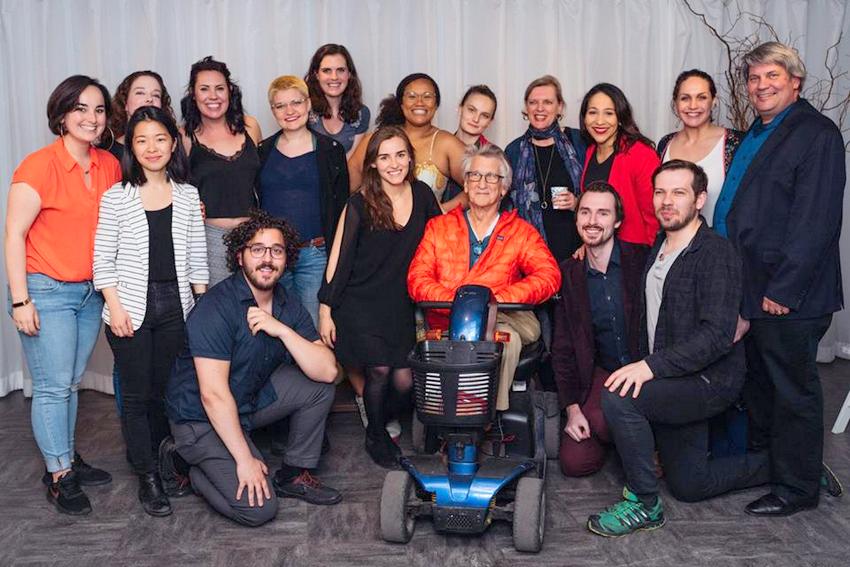
indieactivity: When was the moment you realize you wanted to be a performer?
Yuching Tsai (YT): I don’t think I had a moment that I realized that I wanted to be a performer. It’s not a magic moment for me, I think. As cliché as it sounds, I think I’ve always wanted to be an actor since I can remember. But I remember feeling it was a wrong thing to want. I knew it would be considered a “bad” thing for my family, so I never really said it out loud. When I was asked what I wanted to be, I used to change my answers, and even convinced myself that I wanted to be a classical musician (which felt “wrong” too), a director, then an English teacher because it was a more practical and appropriate answer for my family. However, the desire to be an actor or a performer was always there, no matter how hard I tried to get rid of it. In the end, I just had to try it.
When was the moment you realized you wanted to be a performer?
Yuching Tsai (YT): I don’t think I had a “moment” that I realized that I wanted to be a performer. It’s not a magic moment for me, I think. As cliché as it sounds, I think I’ve always wanted to be an actor since I can remember. But I remember feeling it was a “wrong” thing to want. I knew it would be considered a “bad” thing for my family, so I never really said it out loud. When I was asked what I wanted to be, I used to change my answers, and even convinced myself that I wanted to be a classical musician (which felt “wrong” too), a director, then an English teacher because it was a more practical and appropriate answer for my family. However, the desire to be an actor or a performer was always there, no matter how hard I tried to get rid of it. In the end, I just had to try it.
How did you get involved with the #MeToo Plays?
Yuching Tsai (YT): I first saw the casting notice somewhere on the internet. I applied and got called in for an audition, where I ran into a classmate of mine. We did an audition together and I got casted in a play about a petite Asian female being harassed in the workplace, which is a real-life experience for me.
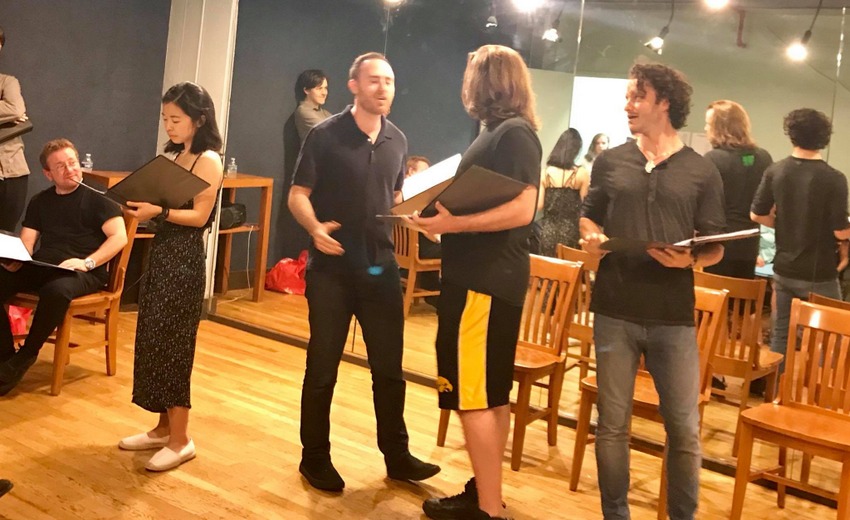
How is it to incorporate a personal experience of harassment into a character? Was there a part of you that was ever reluctant to relive those memories?
Yuching Tsai (YT): Yes, there definitely were moments of hesitance during rehearsals on my part. However, I think the hesitance came less from the fear of reliving those memories and more from the fear of how potentially it could be true or still happen in the present moment.
The play A Little Thing not only dealt with sexual harassment, but it also dealt with race issues. It is a really tricky combination because they are somewhat closely intertwined. In the play, all the male characters are verbally attacking Gen, the character I played, based on her physical appearance – a petite Asian female in her 20s. It’s so close to home that sometimes it is hard to separate yourself from the character.
There were moments during early rehearsals when my director wanted me to use my own experience with harassment, sexism, and racism and let it out as Gen. She asked the same of other actors, to find the misogynistic part of them. And it was hard for me to immediately go to those places in a room full of strangers who are males and caucasians. A part of me couldn’t help but to think “What if a part of them actually thinks like that?” Thankfully, we got to know each other better and they were all very lovely people and made me feel safe to play pretend.
I think this is definitely one of the most delicate subjects to deal with, especially having to make believe in those circumstances. We should protect ourselves and each others’ mental health priorities in the process.
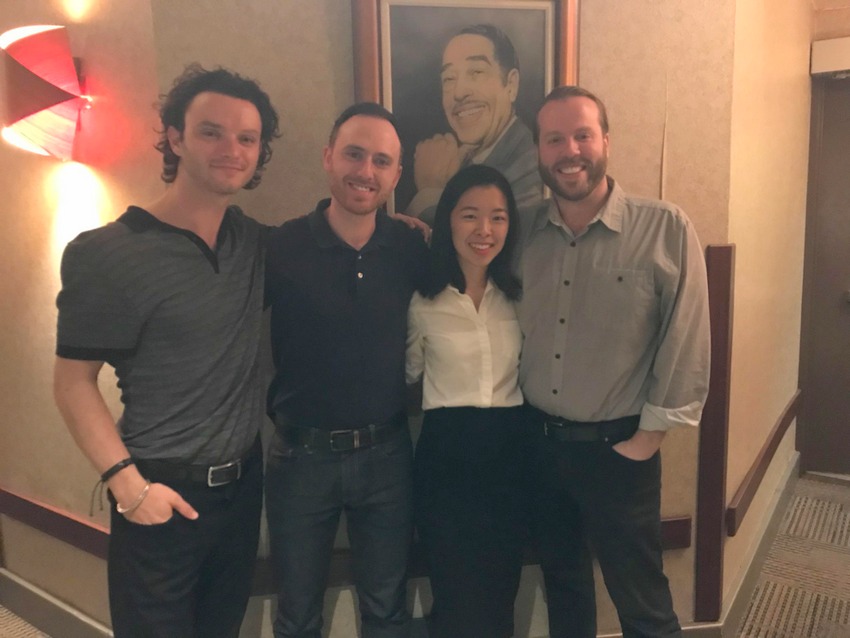
What was your first professional performing job?
Yuching Tsai (YT): It’s hard to define what is professional in this industry, but I would say it when I played a young girl who was trying to cross the border of North Korea to China with her older sister in the short film Smuggler and Shortround in 2014 in Los Angeles. That was the first role that I auditioned for. It was an important role too.
How is it for you to prepare for a role in your second language?
Yuching Tsai (YT): I haven’t actually performed much in my native language, and to be honest, I think I learned to express my emotions better in English. Therefore, preparing for a role in English is something that comes pretty natural to me. That does not mean I don’t have to look up certain words or make sure I put in extra effort to connect with certain expressions that I was not used to in my native language. And I think a lot of the time the culture and language cannot be separate, so most of the effort would be trying to truly put myself in the culture, the character’s background, and the circumstances. That is the work of preparing for a role anyway. At this point, there is not much of a difference in preparing a role in English or Mandarin for me and I think it is because I have become very comfortable with this language and the American culture.
In your career, you have also worked as a producer and screenwriter. How would you say these roles have affected your process as an actress?
YT: It affected me in a broader sense. I learned different aspects of the industry. For example, how a production works – I basically learned from scratch how to create a show on stage or a film, and this helped me gain perspective of what roles actors play in this huge collaborative machine and what we are expected from the casting director, the director, and different people in the production team.
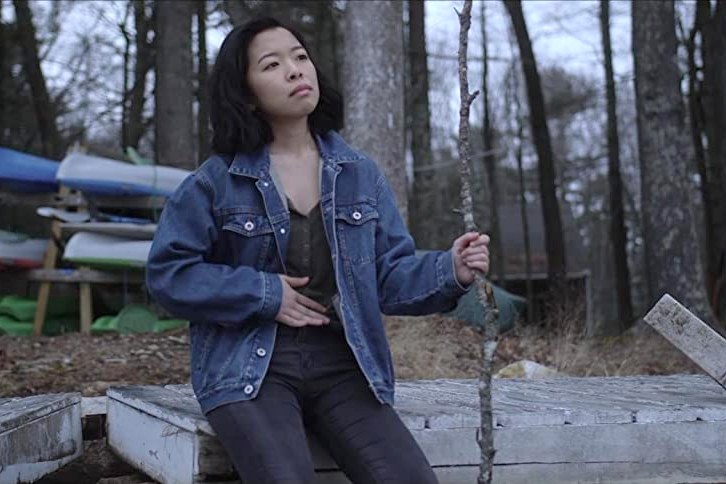
I knew that as an actor, but being on the other side, I understood more in-depth what everyone does on set or in a theater production. I learned how to communicate with them better, I understood that no one is judging you as a person but wanting you to do a good job as part of the team, and it just makes me want to work harder as an actor and I know how to work harder now because I know more of what I am expected to do.
What performers do you look up to and why?
YT: SO MANY. Even just people around me – I have so many talented friends that I look up to and learn from. Their work ethics, their confidence, and how they approach different things. For more well-known performers, I really enjoy Alicia Vikander’s work. She can create powerful emotions and penetrative performance with such subtlety. She can be powerful, fearful, soft, and everything else at the same time. Her performances are very truthful, filterless, and she doesn’t seem to be afraid of the ugly or complicated sides of humanity.
I also look up to Sandra Oh. She is not only a stunning performer, her attitude and how she deals with the industry as a female actor of color is especially inspiring to me. Dealing with the stereotypes, unfairness, and lack of roles for Asian actors in the industry, she not only did not conform to it or resent it. Instead, she stays true to herself, educates others, and creates a unique career path that belongs to herself. There is a lot of wisdom and strength there that I can learn from.
What are the other ongoing projects we may see you next in?
YT: As you know, I am continuously working with Eastern Bridge Theatre Troupe on our series of monthly theater Foreign Voices Are Us. We currently finished three editions – Let’s Build A Bridge – Not A Wall, Unheard Female Voices, and Be Celebrated, Not Tolerated. There will be more coming starting August in both Los Angeles and New York City. I am also currently filming a TV series Hospo with Jen-X Production that will appear on major streaming services.
Premiere day is not set yet. There is also a possibility that I will proceed with The #MeToo Plays depending on how the production goes.
Tell us what you think of the interview with Yuching Tsai. What do you think of it? What ideas did you get? Do you have any suggestions? Or did it help you? Let’s have your comments below and/or on Facebook or Instagram! Or join me on Twitter.
Follow Yuching Tsai on Social Media
Website
IMDb
Facebook
Instagram
MORE STORIES FOR YOU
Director Amy Glazer Brings Kepler’s Dream to Life
An 11 year old searches for a missing rare book from her grandmother’s library
How I Made My Film, ‘Fear, Love & Agoraphobia’ by Alexander D’Lerma
A Step by Step Filmmaking Process of Fear, Love & Agoraphobia
The Key Facts Behind How Jeff Nichols Made The Indie Hit MUD
Jeff Nichols gives himself directorial challenges to master on every project.

